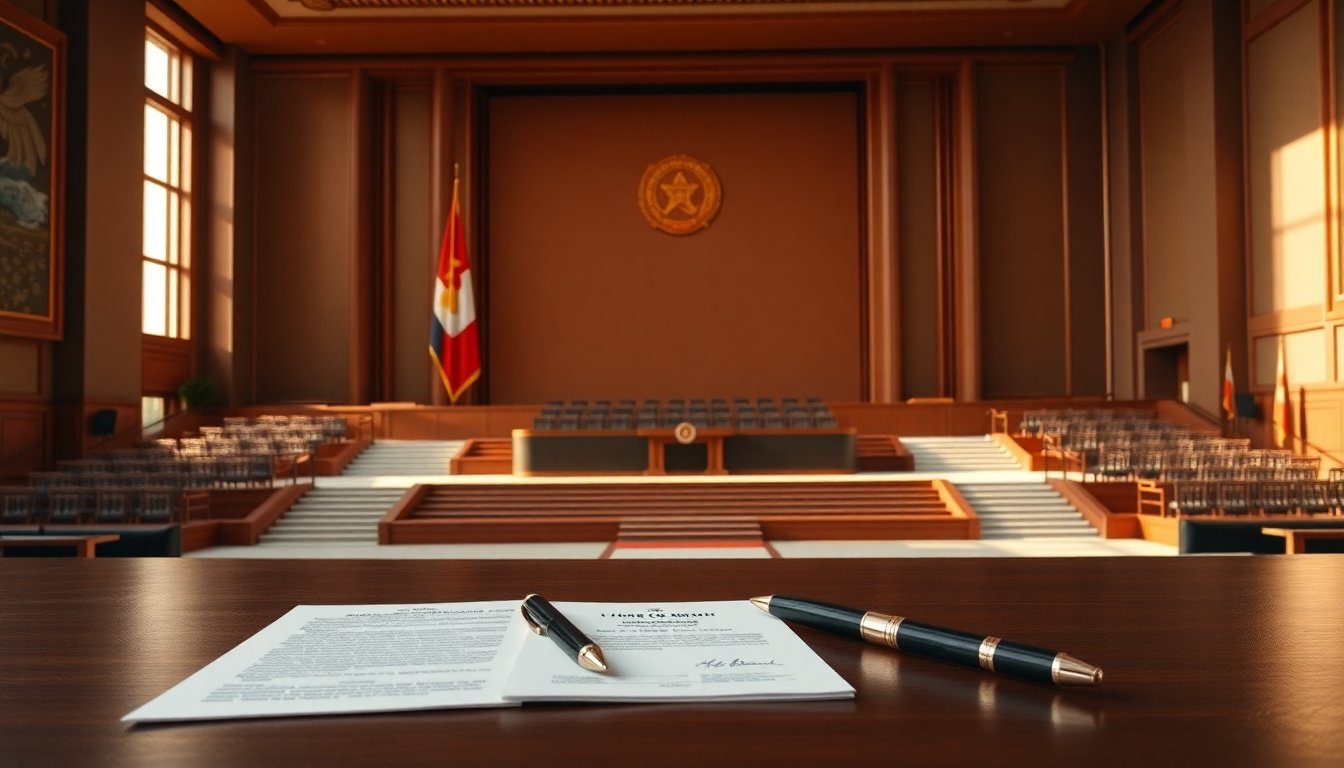Table of Contents
In a significant address to the Supreme People’s Assembly in Pyongyang, North Korean leader Kim Jong Un expressed a willingness to engage in discussions with the United States, contingent upon the US abandoning its insistence on denuclearization. Kim’s remarks, reported by the official Korean Central News Agency (KCNA), indicate a potential shift in North Korea’s diplomatic approach.
During his speech, Kim emphasized that if the US acknowledges North Korea’s nuclear capabilities and seeks genuine peaceful coexistence, there would be no barriers to initiating talks. He stated, “If the United States drops the absurd obsession with denuclearizing us and accepts reality, there is no reason for us not to sit down with the United States.”
The Context of Kim’s Remarks
This development follows expressions of interest from both former US President Donald Trump and South Korean President Lee Jae-myung to meet with Kim. Trump, reflecting on his previous encounters with Kim, noted, “Someday, I’ll see him. I look forward to seeing him. He was very good with me.” This sentiment was echoed by Lee, who has been advocating for improved relations with North Korea since taking office.
Military Tensions and Diplomatic Efforts
Despite these diplomatic overtures, tensions continue to persist, particularly regarding joint military exercises conducted by the US and South Korea. Kim’s sister, Kim Yo Jong, criticized these drills, labeling them as reckless rehearsals for invasion, highlighting ongoing military friction that complicates the potential for dialogue.
In recent interviews, President Lee has indicated a willingness to recalibrate South Korea’s approach to North Korea’s nuclear ambitions. He suggested a more pragmatic goal: instead of demanding the complete dismantling of North Korea’s nuclear arsenal, efforts should focus on halting further nuclear developments. Lee remarked, “So long as we do not give up on the long-term goal of denuclearization, I believe there are clear benefits to having North Korea stop its nuclear and missile development.”
A Shift in Strategy
Lee’s acknowledgment of the failure of sanctions to deter North Korea further illustrates the changing dynamics. He stated that current strategies have only exacerbated the situation, with reports indicating that North Korea is reportedly increasing its nuclear stockpile by 15 to 20 weapons annually.
Addressing the Supreme People’s Assembly, Kim reiterated that sanctions have only strengthened North Korea’s resolve. Despite facing significant challenges, including food insecurity, he declared, “There will never be, and will never ever be for eternity, any negotiations with enemies of exchanging some things out of some obsession with lifting sanctions.” This statement underscores Kim’s firm stance against external pressures.
International Reactions and Future Possibilities
The international community is closely monitoring these developments. The Stockholm International Peace Research Institute recently warned of a potential new arms race among the nine nuclear-armed nations, including North Korea. This context underscores the critical nature of negotiations.
Kim’s recent diplomatic engagements also included meetings with leaders from China and Russia, suggesting he may be exploring multiple avenues for support amidst ongoing tensions with the US. Such interactions could influence future negotiation strategies.
In conclusion, Kim Jong Un’s openness to discussions with the US, contingent on certain conditions, represents a notable moment in North Korea’s diplomatic landscape. With shifting attitudes from regional leaders and persistent military tensions, the path forward remains fraught with challenges yet holds potential for dialogue.


